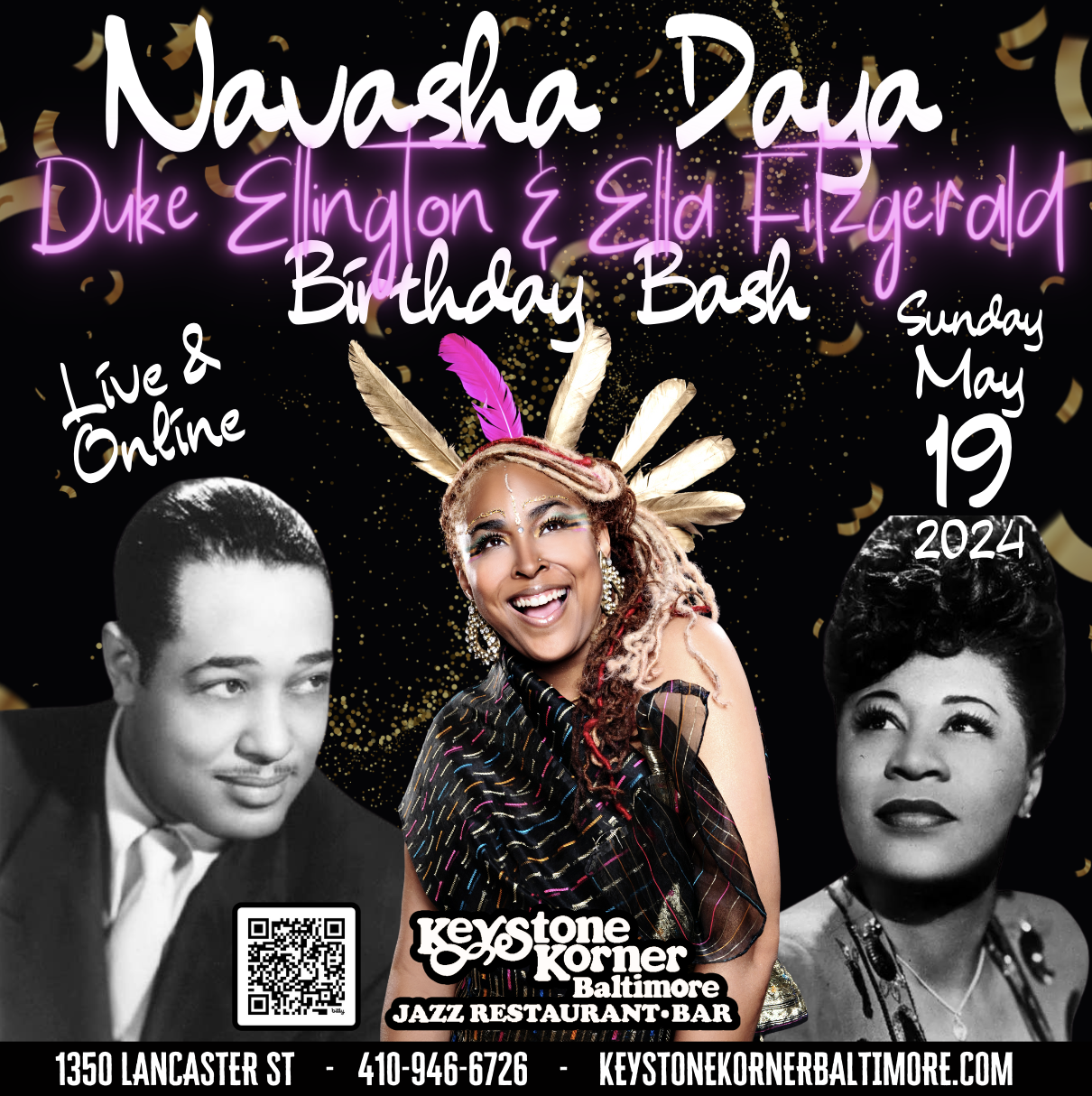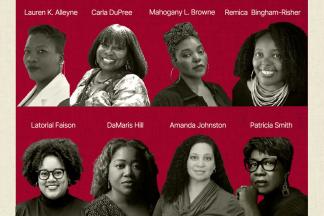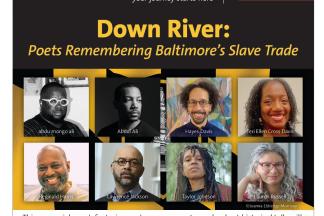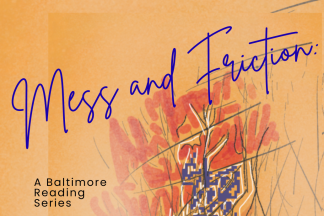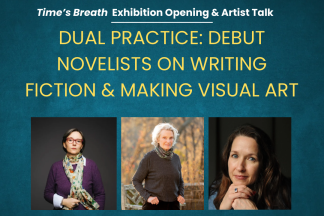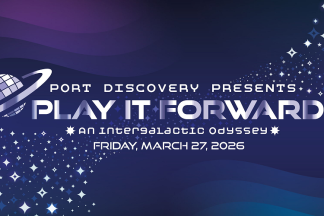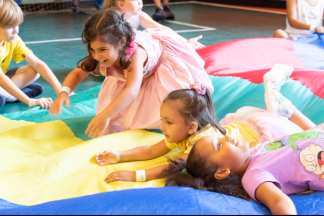While Rahsaan Roland Kirk & The Vibration Society were making their iconic 1973 live recording "Bright Moments" for Atlantic Records at the Keystone Korner in San Francisco, Rahsaan happily noted that "it sure is nice to play in a place that feels like your living room." Keystone Korner was a home away from home for hundreds of the most supremely swinging and creative musicians of its time, and most of the dedicated folks who worked there -- servers, door personnel, bartenders, and office helpers alike -- were either musicians or aficionados who were nonetheless deeply passionate about the music we presented. At Keystone Korner, both the artists and the fans knew that someone, sometimes even everyone, cared.
An absolutely indispensable element of the unique Keystone Korner experience was the audience that participated in the making of the special music that got made there on an almost nightly basis. Many of the greatest jazz performances involve cycles of shared creativity where the listeners become an essential part of the artistic process, and Keystone Korner was blessed with the remarkably diverse patronage of pirates, poets, truck drivers, troubadours, corporate high-rollers, hippies, school teachers, and rogues of the nightlife who were an indispensable part of what happened on the bandstand each night. Gregory Corso or Jack Hirschman handing out original poems at the front door, with Angela Davis, Robin Williams, Don Cherry, and Redd Foxx hanging out in the office with the triple bill of McCoy Tyner, Kenny Burrell and Randy Weston alternating sets during a long evening of musical exploration.
From its humble beginnings in 1972 as a rock n' blues beer bar next door to a North Beach police station (thus the origin of its name as a play on words on Mack Sennett's slapstick "Keystone Kops" films), the Keystone Korner grew to be an internationally- renowned jazz club -- called "the Birdland of the 70s" by Mary Lou Williams -- and the site of scores of classic live recordings by the likes of McCoy Tyner, Dexter Gordon, Bobby Hutcherson, Yusef Lateef, Stan Getz, Woody Shaw, Tommy Flanagan, Eddie Harris, Bill Evans, Art Pepper, George Cables, Freddie Hubbard, Cedar Walton, Buster Williams, Jaki Byard, Billy Higgins, Curtis Fuller, Sonny Stitt, Kenny Burrell, Eddie "Cleanhead" Vinson, Art Blakey, Wynton Marsalis, Tete Montoliu, Harold Land, and Abbey Lincoln.
Above all, the musicians themselves made this living dream of a club a vibrant reality. When we realized that Keystone Korner could never make it for long as a jazz club business without a full liquor license, Ron Carter joined forces with Elvin Jones, McCoy Tyner, Rahsaan Roland Kirk and Freddie Hubbard at a February 1975 Benefit Concert at the Paramount Theatre in Oakland to raise the $80,000+ we needed to buy a full liquor license. in January 1976, the bands of Grover Washington, Jr. and George Benson donated their musical services at the same venue to help us build a small restaurant kitchen so we could cater to audiences of all ages while serving hard liquor to those legally old enough to order it.
Our basic mission at Keystone Korner in San Francisco from 1972 to 1983 was to provide the best music in the world for the most affordable prices in the most loving environment. That is still our fundamental goal in 2019 at Keystone Korner Baltimore, with the added blessing of joining forces with Grandmaster Chef Robert Wiedmaier and his All Star Team to make absolutely sure that the outstanding food and libations will be as consistently inspiring and as reasonably-priced as the truly phenomenal music presented with in a relaxed and most welcoming setting.
The Eternal Jazz Messenger Art Blakey often said that "my heart belongs to Keystone." And that heart is still beating strong.
— Todd Barkan, 2018 NEA Jazz Master
